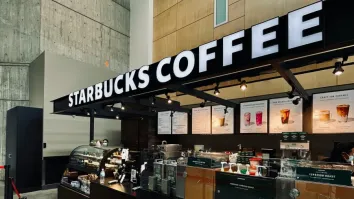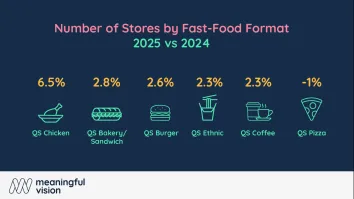
Pret responds to Advertising Standards Authority's decision
Pret said it has taken the views of the ASA and has made the requested changes.
In a statement sent to QSR Media, Pret A Manger food & coffee director Clare Clough said, "The ASA has upheld in part a complaint about our use of the word natural in two instances online. We do, of course, take on board the views of the ASA and have already made the requested changes."
"We cherish the relationship we have with our customers. We believe we represent Pret’s food honestly and we always welcome feedback," she added.
Pret a Manger has been censured by the Advertising Standards Authority (ASA) relating to advertisements from the end of 2016 that claimed the company’s sandwiches were made without the inclusion of “obscure chemicals, additives and preservatives common to so much of the ‘prepared’ and ‘fast’ food on the market.”
The ASA held that advertisements from Pret, which included claims that the company was committed to “doing the right thing... naturally”, and labelled its products as “good natural food,” made with “fresh, natural ingredients,” were misleading. The ASA determined that, in the context of customers’ understanding of the term, “natural” was taken to mean that the product in question is “comprised of natural ingredients, e.g. ingredients produced by nature, not the work of man or interfered with by man.”
ASA focused on the inclusion of additives known collectively as “E-numbers”. The ASA’s decision refers directly to acknowledgements made by Pret in response to the original complaint, that its sandwich bread contained three E-numbers, which were used particularly to stabilise and emulsify dough to soften the crumb and prevent large air bubbles forming (E472e, E471), and as an antioxidant (E300).
E-numbers are the product of a simplified classification system, or code, which is regulated by the European Food Safety Authority — not the Advertising Standards Authority — of a range of compounds, many of which are naturally occurring, or derived (through industrial process) from organic sources. The “E” stands for “Europe,” by the way. Of the three in question, the first two are fatty acid derivatives of glycerol — from plant or animal sources — that are also naturally produced by the body when digesting fats, while the third, which is ascorbic acid, usually goes by a more common name: Vitamin C.























